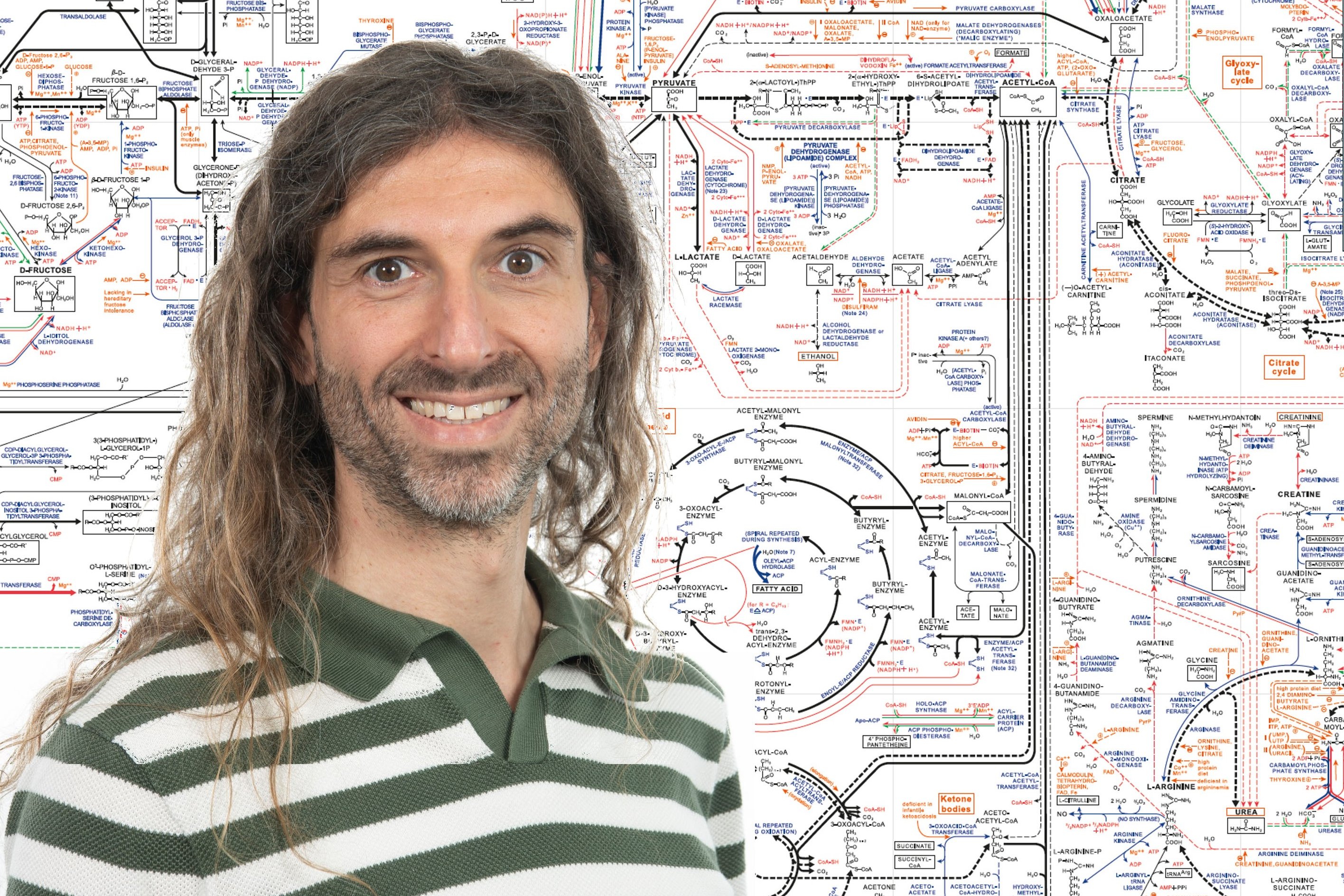
(Vienna, 02 September, 2024) At the beginning of September Saverio Tardito took up a §99-(5) assistant professorship in Cancer Prevention and Metabolism as part of the tenure-track model at the Medical University of Vienna. The cancer biologist will lead the oncometabolism research group at Center for Cancer Research at the Medical University of Vienna.
The global rise in lifestyle-related metabolic conditions like obesity, diabetes, and metabolic syndrome is not only increasing cancer incidence but also compromising cancer survivorship. Recent research, including the work of Saverio Tardito’s group, shows that metabolic dysfunction plays a crucial role in how tumours form, grow and respond to treatment. The metabolism of cancer cells is reprogrammed by their genetic and epigenetic alterations, tissue-specific microenvironment, and by the interaction with systemic metabolism. “The clinical implications of this complex interplay, known as oncometabolism, highlight the need to deepen our understanding of these metabolic connections to develop more effective approaches for cancer prevention and treatment”, says Saverio Tardito.
About Saverio Tardito
Saverio Tardito earned his Ph.D. in molecular biology and pathology from the University of Parma (Italy) and has since held various research positions supported by international awards including the postdoctoral fellowship from the Government of Canada, and the AIRC-Marie Curie fellowship in cancer research. In 2016 Saverio Tardito has been appointed junior group leader of the Oncometabolism laboratory at the Cancer Research UK Scotland Institute (Glasgow, UK). He currently holds an honorary senior research fellow position at University of Glasgow.
Tardito's research focuses on how tumours reprogram their metabolism in response to different nutritional micro- and systemic-environments. His work, underpinned by mass spectrometry-based metabolomics, has advanced the understanding of metabolic adaptations of cancer cells to nutrient restrictions. His recent research has led to the development of more physiologically-relevant conditions for studying cancer cell biology (PlasmaxTM) and has identified metabolites, previously unreported in mammalian metabolism, as potential cancer biomarkers.